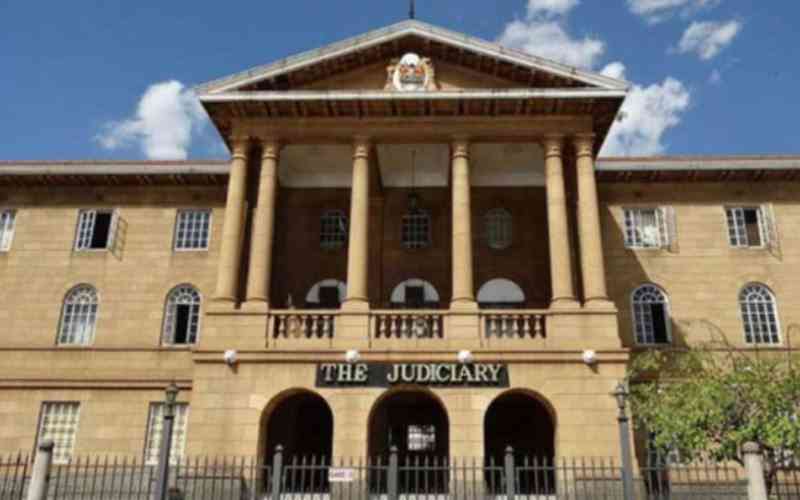×
The Standard e-Paper
Smart Minds Choose Us

Social networking giant Meta has been sued in the High Court in Kenya over the role of its social network in the conflict in Ethiopia's civil war.
In a constitutional petition, Ethiopian researchers Abrham Meareg and Fisseha Tekle, and Kenya's rights group Katiba Institute accuse Meta of several violations of the Kenyan Constitution in the course of its operations in Kenya, and in the region